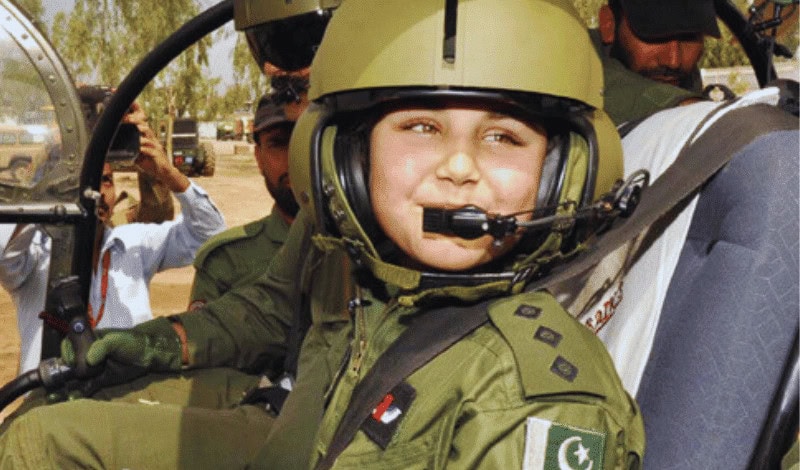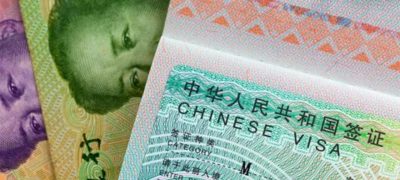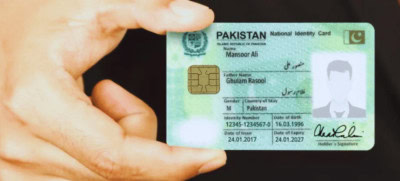Becoming a pilot is a dream for many, and in Pakistan, the aviation industry offers numerous opportunities for aspiring pilots. Whether you’re looking to fly commercially or for the military, this guide will walk you through the essential steps, requirements, and tips to achieve your goal. This article will cover everything you need to know about becoming a pilot in Pakistan, including educational requirements, training programs, licensing procedures, and career prospects.
1. Understanding the Different Types of Pilots
Before diving into the process, it’s essential to understand the different types of pilots you can become:
- Commercial Pilot: These pilots fly passenger and cargo aircraft for airlines.
- Private Pilot: Private pilots fly for personal reasons and cannot be paid for their services.
- Military Pilot: These pilots serve in the armed forces and operate military aircraft.
2. Educational Requirements
The journey to becoming a pilot in Pakistan starts with fulfilling the educational prerequisites:
- Matriculation/O-Level: The minimum requirement is a Matriculation (10th grade) or O-Level education. However, higher qualifications can enhance your prospects.
- Intermediate/A-Level: Completing your Intermediate (FSc Pre-Engineering or Pre-Medical) or A-Level is highly recommended. Physics and Mathematics are crucial subjects.
- Bachelor’s Degree: While not mandatory, a bachelor’s degree in aviation, engineering, or related fields can be beneficial.
3. Physical and Medical Requirements
Pilots need to meet specific physical and medical standards:
- Medical Certificate: Obtain a Class 1 medical certificate from the Civil Aviation Authority (CAA) of Pakistan. This includes a thorough medical examination.
- Vision Requirements: Good vision is essential, with or without corrective lenses.
- Physical Fitness: Maintain a healthy lifestyle to meet the physical demands of flying.
4. Choosing the Right Flight School
Selecting a reputable flight school is crucial. Here are some top flight schools in Pakistan:
- Pakistan International Airlines (PIA) Training Centre: Offers comprehensive pilot training programs.
- Schon Air: Known for its high standards in pilot training.
- Hybrid Aviation: Provides a range of aviation courses and training programs.
- Pakistan Aviators & Aviation: Offers both private and commercial pilot training.
5. Flight Training and Licensing
The core of becoming a pilot lies in your flight training and obtaining the necessary licenses:
- Private Pilot License (PPL): The first step is to obtain a PPL, which requires:
- Minimum age of 17 years.
- Completion of ground school training.
- A minimum of 40 flight hours, including solo and dual flights.
- Passing the CAA written and flight exams.
- Commercial Pilot License (CPL): To fly commercially, you need a CPL:
- Minimum age of 18 years.
- Completion of advanced ground school training.
- A minimum of 200 flight hours.
- Passing the CAA written and flight exams.
- Instrument Rating (IR): An IR allows you to fly in various weather conditions:
- Additional flight training focused on instrument navigation.
- Passing the CAA written and flight exams.
- Multi-Engine Rating (MER): Required to fly multi-engine aircraft:
- Additional training on multi-engine aircraft.
- Passing the CAA flight exam.
6. Building Flight Hours and Experience
Building flight hours is crucial for advancing your career:
- Flight Instructor: Many pilots start as flight instructors to gain experience and build hours.
- Charter Flights: Flying charter flights can help accumulate hours.
- Airline Cadet Programs: Joining an airline cadet program can fast-track your career.
7. Joining an Airline
After obtaining your CPL and necessary ratings, the next step is to apply to airlines. Major airlines in Pakistan include:
- Pakistan International Airlines (PIA): The national carrier.
- Airblue: A private airline with domestic and international routes.
- SereneAir: Known for its domestic services.
- Shaheen Air: Another private carrier.
8. Continuous Learning and Advancement
A pilot’s education never stops. Continuous learning and training are essential:
- Type Rating: Specific training for different aircraft types.
- Recurrent Training: Regular training sessions to stay updated with the latest aviation standards.
- Advanced Certifications: Consider obtaining certifications like Airline Transport Pilot License (ATPL) for further career advancement.
9. Career Prospects and Salary
The aviation industry in Pakistan offers promising career prospects:
- Job Opportunities: Growing demand for pilots due to an expanding aviation sector.
- Salary: Commercial pilots in Pakistan can earn a competitive salary, which increases with experience and seniority.
10. Challenges and Tips for Aspiring Pilots
Becoming a pilot is challenging but rewarding. Here are some tips:
- Stay Committed: The journey requires dedication and perseverance.
- Network: Build connections within the aviation industry.
- Stay Updated: Keep abreast of the latest aviation technology and regulations developments.
- Financial Planning: Pilot training can be expensive; plan your finances accordingly.
Becoming a pilot in Pakistan is a challenging yet fulfilling career path. You can achieve your dream of flying by meeting the educational and physical requirements, choosing the right flight school, obtaining necessary licenses, and continuously building experience. The aviation industry in Pakistan is growing, offering numerous opportunities for aspiring pilots. Stay committed, keep learning, and the sky will be the limit!







